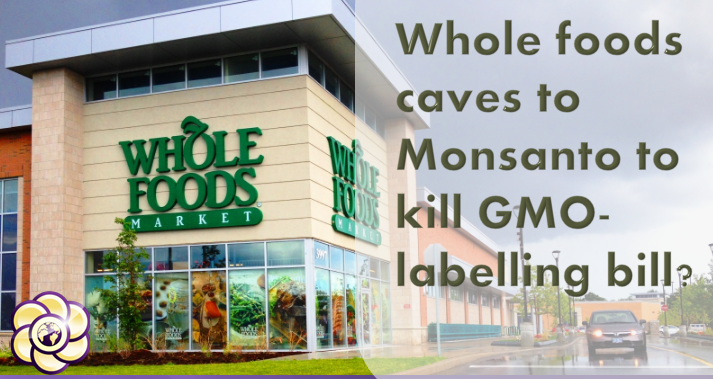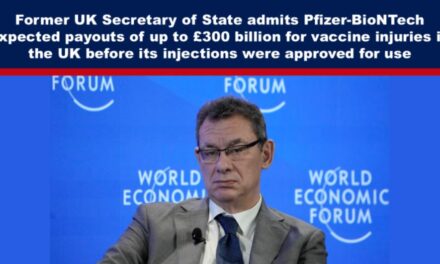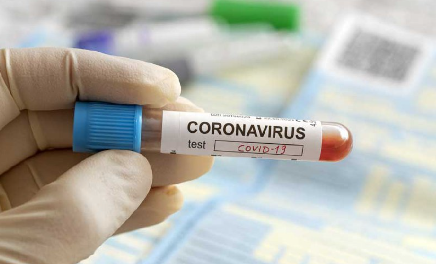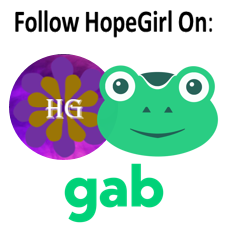More than 20 years ago, genetically modified foods (GMOS) entered the market and began a new era of consumer uncertainty. Research shows that more than 90 percent of Americans support the labelling of genetically modified foods (GMOS). To date, there are over 70 bills that have been introduced in more than 30 states to require GMO labelling or put an end to GMOs altogether. There are also over 400 companies who actively support GMO labelling as a means for increasing transparency in the food system.
Unfortunately, there are also labelling opponents, such as companies like Monsanto, Kraft, Kellogg’s, and General Mills, who have all gotten away with hiding important information about our food for almost two decades. But they continue to be called out, causing an even bigger push for global food transparency.
Perhaps some of the names of GMO supporters are unsurprising, but when a company like Whole Foods, which is so dedicated to marketing themselves as the go-to for healthy, honest living, appears to side with the industry giants, it begins to feel as though corruption knows no limits.
“Whole Foods Market® believes in your right to know. We are committed to providing GMO (genetically modified organism) transparency by 2018 for all foods we sell,” says a statement on the Whole Foods website. Yet recent claims say that the grocery supplier has been lying to customers about its support for GMO labelling, and is actually now partnering with Monsanto to kill GMO labelling efforts nationwide.
Whole Foods never stated a plan to ban products containing GMOs, rather they promised that such foods would become easier to identify when shopping in their stores, yet a newly proposed bill makes it easier for the organic marketplace to diminish those standards.
The new bill would give manufacturers the choice to use a QR code (machine language) on each product to reveal information about the ingredients of the food. The problem? The language isn’t even readable by humans. The “labelling” bill won’t actually require GMO labelling or punish those who ignore it. So if passed, food system transparency advocates like Whole Foods would get to fly under this new law, and no state would be able to introduce laws that mandate GMO labels on foods containing them.
This type of law was already passed and is now in effect in Vermont, but if the recently proposed bill is passed, Vermont’s GMO labelling law will be considered null and void — something to celebrate for Big Agra companies such as Monsanto.
CEO of Whole Foods Marketplace Walter Robb backs the new bill, saying:
The alternative is that Vermont goes into effect and then there’s a number of other states behind that, it makes it difficult for manufacturers to be able to label and label to that different standard…
“And I think the way she’s put the bill together, which is to give manufacturers choices, is I think the marketplace and the customers will take it from here… so obviously, I think she’s done a great piece of work… we are already are out there further with our commitment to full transparency by 2018. We’re not gonna… we’re looking at how these two live with each other, but we’re already past that, but I think in this day and age, to come together, to create some sort of a reasonable standard that manufacturers can… and gives the customer a lot more information is a pretty good thing.
This statement seems to contradict Whole Foods’ support for more transparency in the food system. The marketplace should want the Vermont law to exist, and should urge other states to follow suit.
To access the full article, use source link below.
By Alexa Erickson
Inspired by balance, Alexa finds that her true inner peace comes from executing a well-rounded lifestyle. An avid yogi, hiker, beach bum, music and art enthusiast, salad aficionado, adventure seeker, animal lover, and professional writer, she is an active individual who loves to express herself through the power of words.
(Source: collective-evolution.com; July 9, 2016; http://tinyurl.com/z7e78ch)













